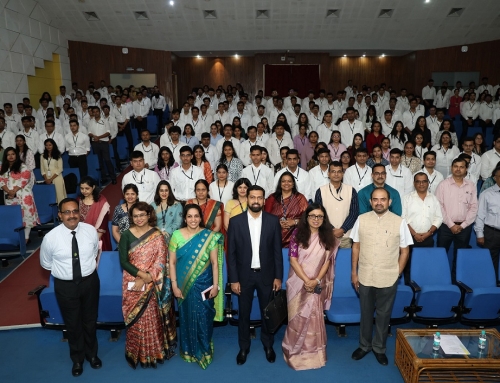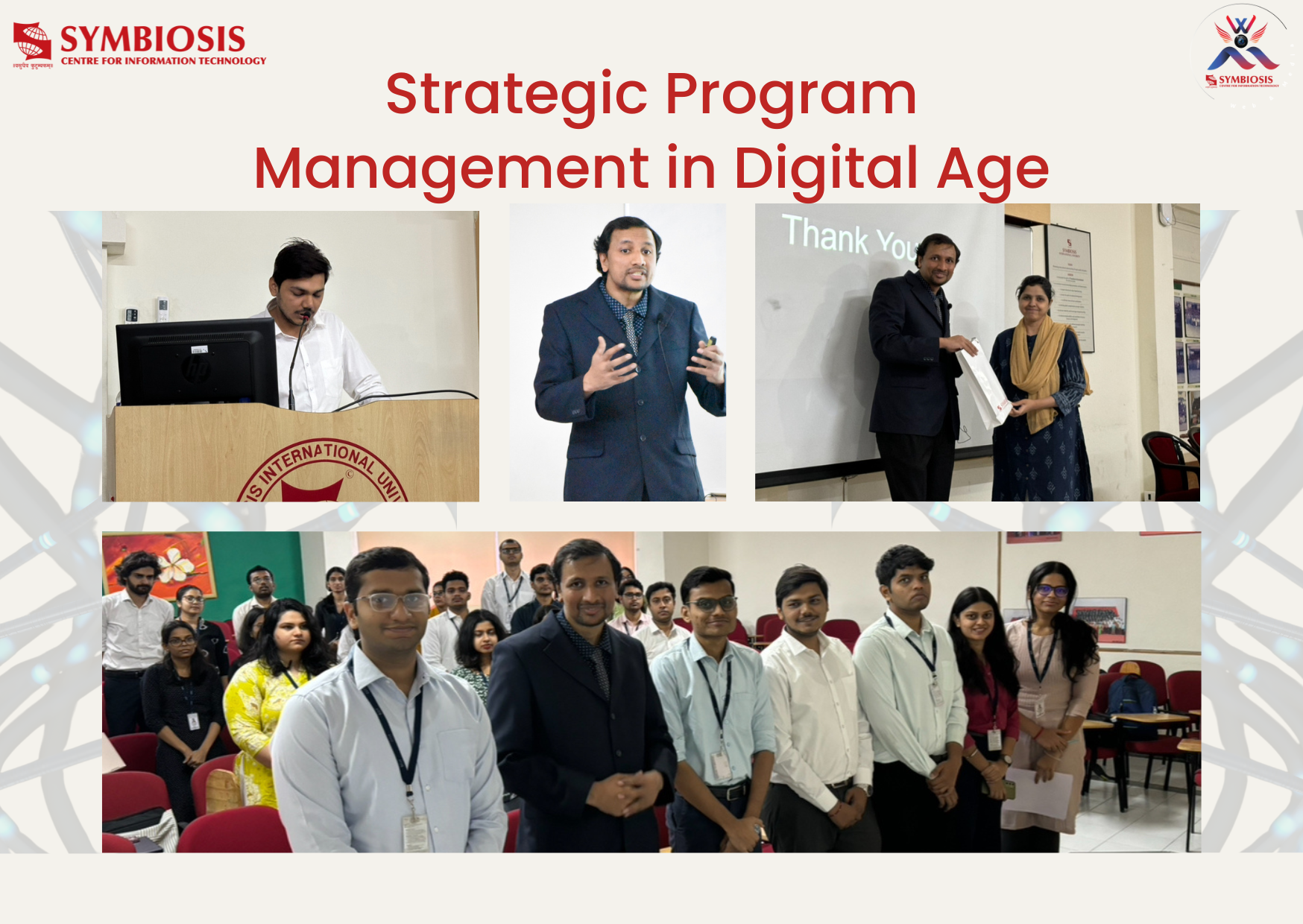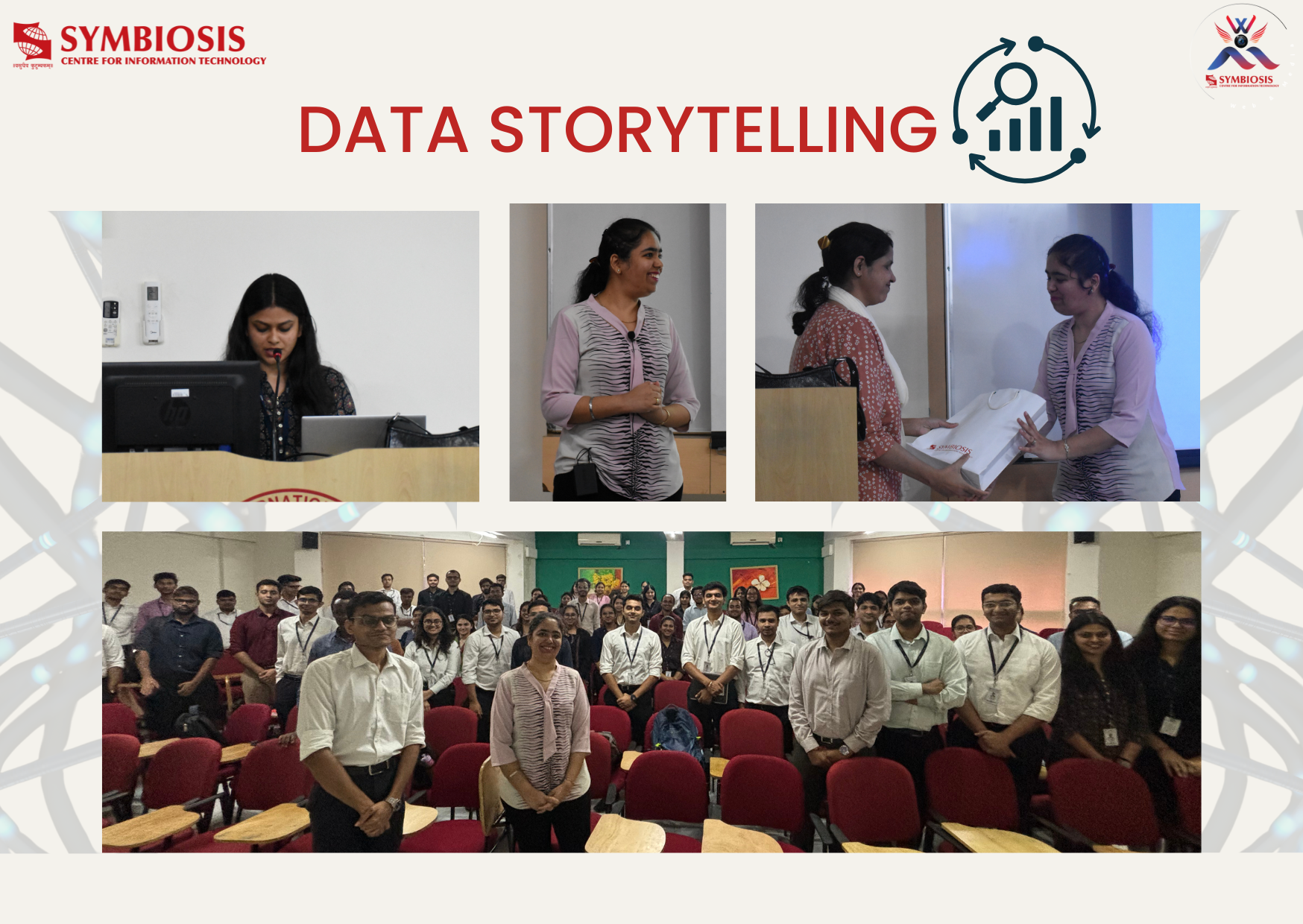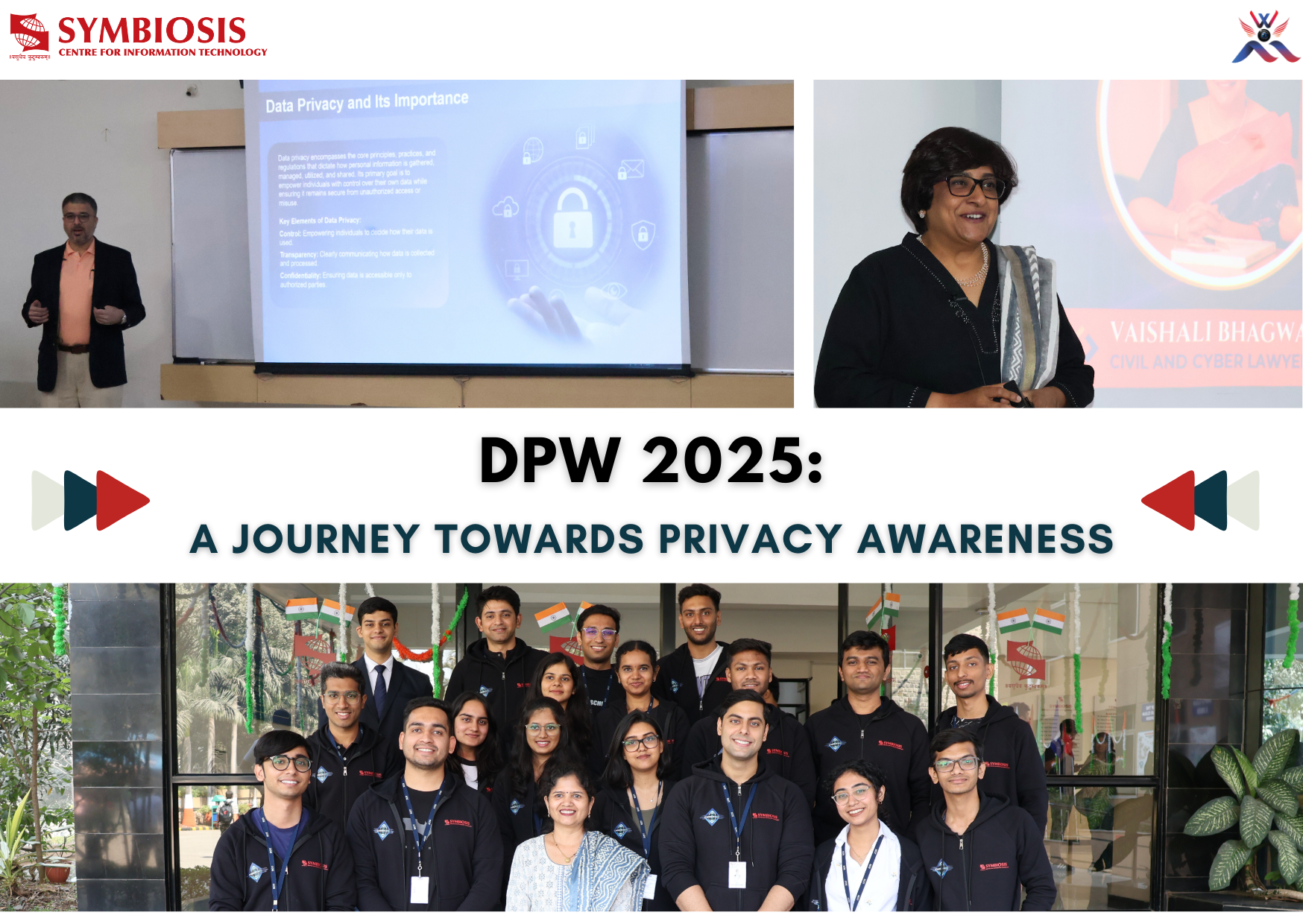Where can an MBA in Information Technology Business Management take you?

Over the years, the evolution of information technology has impacted business management in several ways. The idea of running IT like a business unit is a modern transformation in the corporate world. As a result of this shift, more organizations are turning to an MBA in IT Management and networks to increase their performances and streamline their services. In today’s competitive scenario, an MBA in Information Technology Business Management acts as a prerequisite to an individual’s profile. It involves various specializations like Systems, Information Security Management, Software Solutions Management, IT Infrastructure Management, and Data Science.
Listed below are some of the exciting job opportunities after an MBA in IT Business Management –
Information Security Expert –
With rapidly escalating threats and modern cyber warfare, organizations must be vigilant in battling attackers and shielding information assets. The primary job responsibilities of an information security expert are to devise plans to safeguard computer records against unauthorized modification. An IT security specialist performs risk assessments and tests on new software to protect the system from malware or data breach threats.
Business Analyst –
A business analyst helps organisations improve their processes, products, services, and software through data analysis. Typically responsible for bridging the gap between IT and the business, they produce data-driven suggestions and reports for managers and stakeholders to improve efficiency and performance. They also create new models that support business decisions by working closely with the finance and IT teams to establish initiatives and plans to optimize costs.
Social Network and Sentiment Analyst –
Sentiment analysis or opinion mining determines the emotional tone behind the attitudes, opinions, and emotions displayed within an online mention. The primary job responsibility of a social media and sentiment analyst is to monitor social media posts and discussions through automated tools to determine the audience’s reaction to a brand or event.
Risk Consultant –
One of the biggest challenges an organisation encounters is safeguarding
customers’ data against security breaches, system failures, and disasters. An IT risk consultant balances protective measures’ operational and economic costs to support business missions. The primary job responsibility of a risk consultant is to identify, measure, mitigate, and monitor potential risks. They help protect organizations from technological events that can be detrimental to the company and the environment. Thus, risk consultants play an integral part in ensuring the successful operations of any organization.
Big Data Analyst –
A data analyst consolidates, organizes, and examines large sets of data (known as Big Data) to identify patterns to estimate an organization’s technical performance and provide guidance on system enhancements. Their primary job responsibility is conducting data research and monitoring data mining projects to make recommendations for better performance. They also ensure that the storage and availability of electronically stored data satisfy the company’s needs.
Information Security Auditor –
An information security auditor gives reliability to companies’ compliance audits. They do so by following best practices and holding relevant qualifications in information security. They plan, execute, and lead security audits in the company to improve the system’s integrity. Their primary duty is to assess operation methods’ efficiency, effectiveness, and compliance with corporate security policies and related government regulations. They also devise and conduct risk-focused exams for IT systems to determine whether there are risks associated with them.
Software Architect –
Designing and developing software systems and applications are two of the most important job responsibilities of a software architect. They must interact with clients, product managers, and developers to provide initial software models that can be built. A software architect has to continually examine the code to ensure the quality of the design by avoiding complexity in developing prototypes. They are responsible for the technical support of the project from the moment of inception to the development of the final product.
Getting an MBA in IT Management is about more than just scoring those high-paying IT gigs. It’s a journey that goes above the technical stuff. It’s also about developing important soft skills like being a great communicator, leader, team player, and problem solver. They help you collaborate effectively, inspire your team, and tackle the complicated challenges in the fast-changing tech world. But there’s more to it! This program plunges deep into the latest tech trends and how they impact the financial side. So, when you graduate, you’ll have this unique edge that sets you apart in the competitive IT industry.















